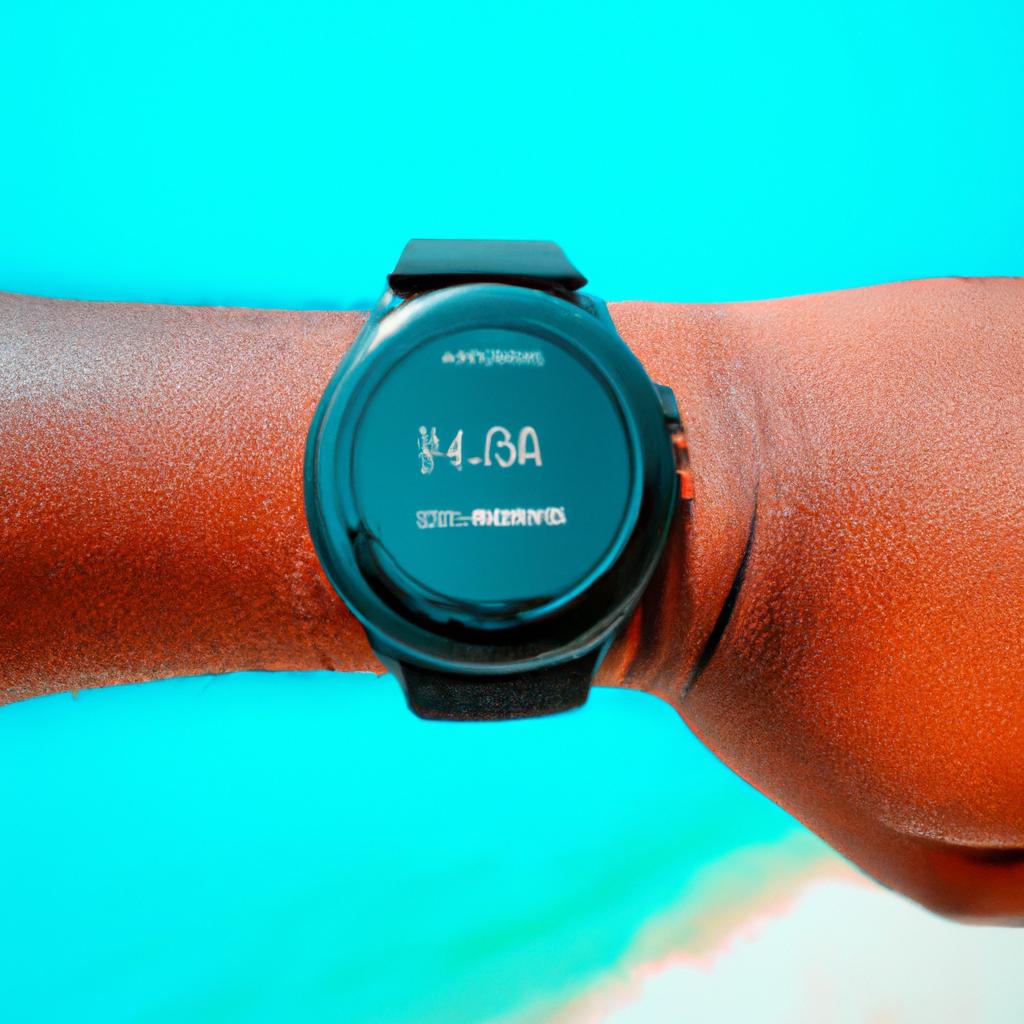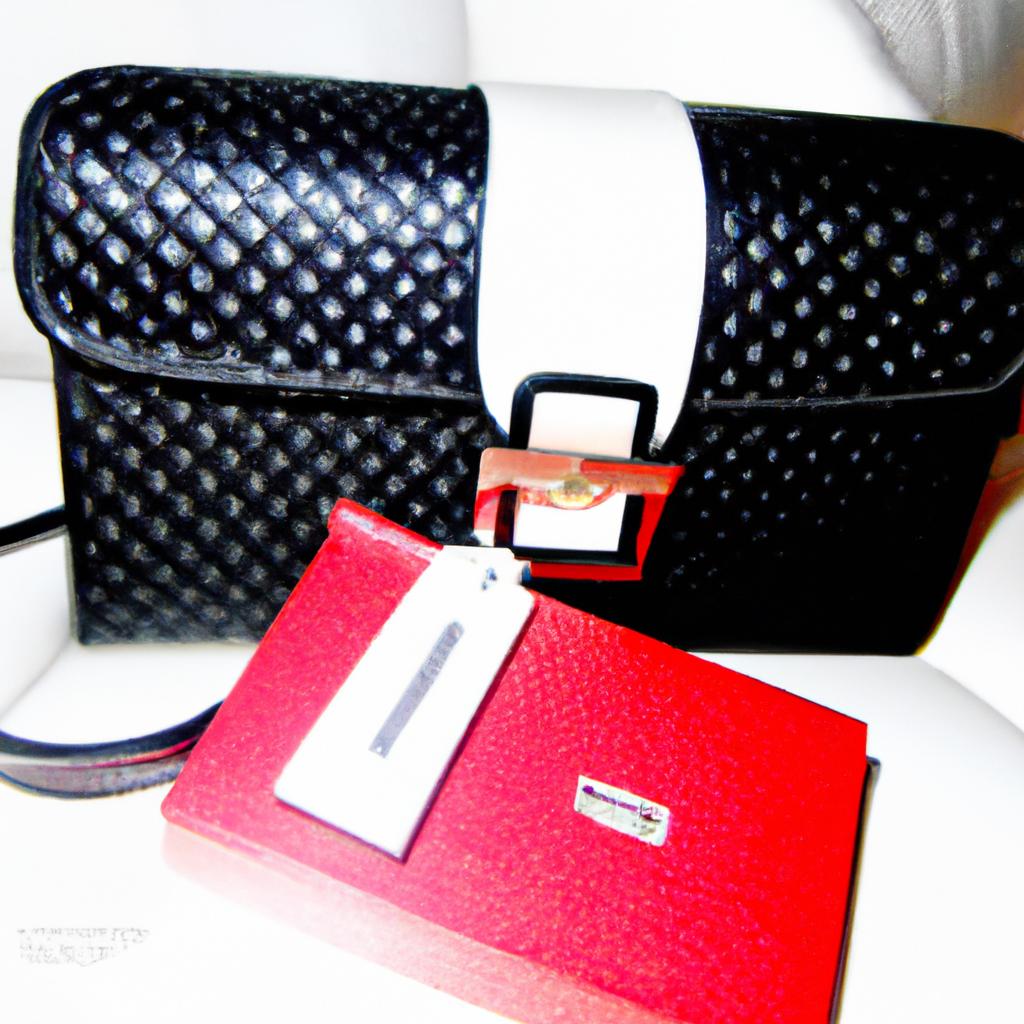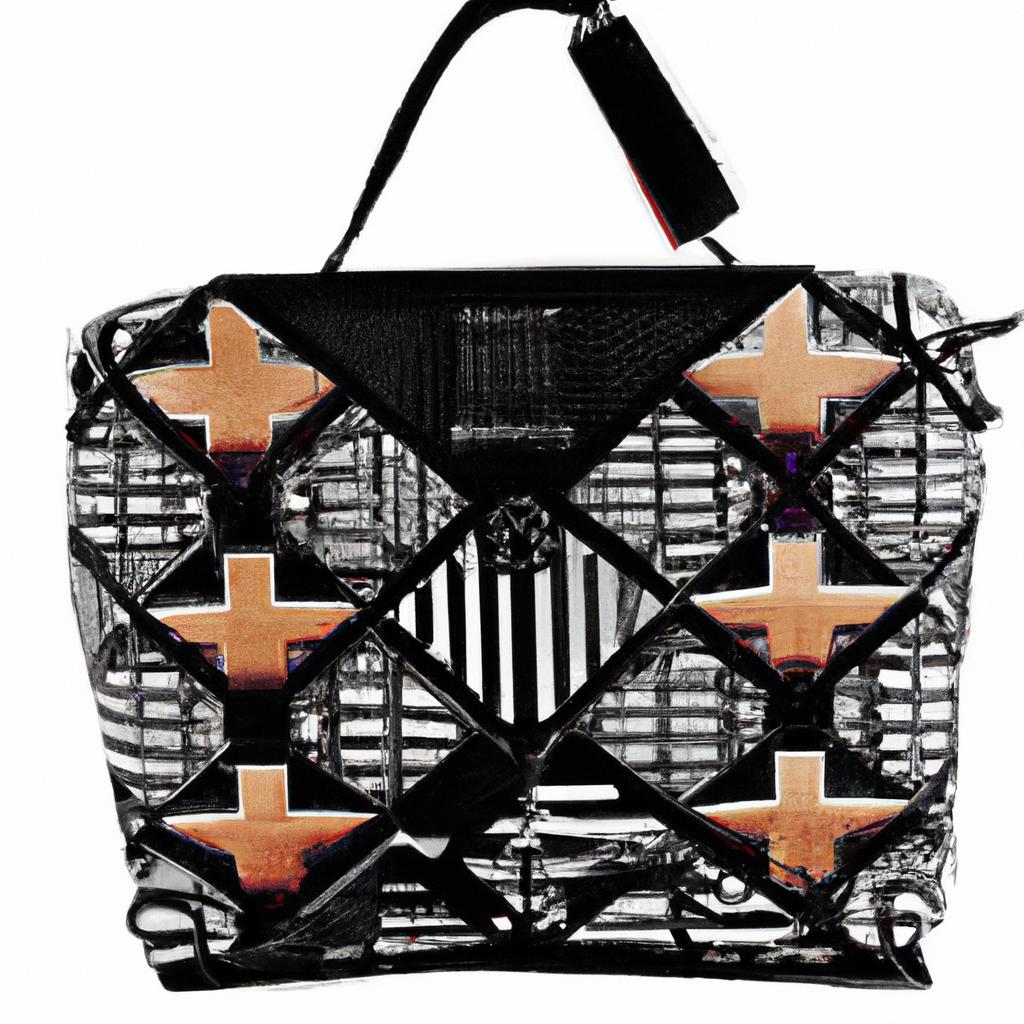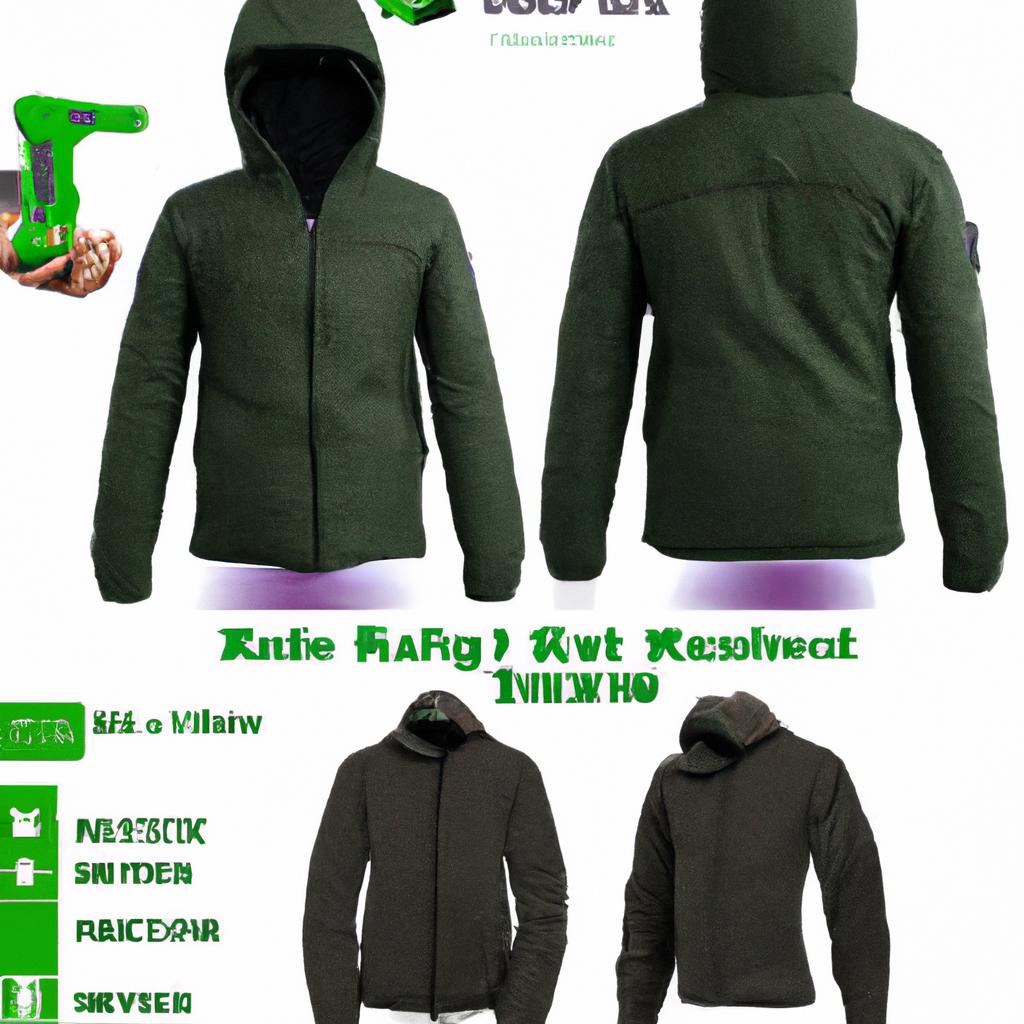
Introduction to Fashion Startups: Disrupting the Industry
The world of fashion has always been a highly competitive and ever-evolving industry, constantly driven by new trends, designs, and consumer demands. In the past, established fashion houses and brands have dominated the market, but in recent years, a new wave of disruptors has emerged – fashion startups.
These startups are making their mark by challenging traditional business models and revolutionizing the way the fashion industry operates. They are changing the game by introducing fresh and innovative ideas, products, and services that cater to the needs of modern consumers.
In this guide, we will delve into the booming world of fashion startups and how they are disrupting the industry as we know it.
History of Traditional Fashion Industry and How It Has Been Disrupted by Innovative Startups
Welcome to the world of fashion startups, where innovation and disruption are the key words. But before we dive into the exciting world of these new players in the fashion industry, let’s take a step back and understand the roots of traditional fashion and how it has been shaken up by these startups.
For decades, the fashion industry has been dominated by big, well-established brands with deep pockets and long-standing reputations. These brands had the power to control trends, set prices, and dictate what was considered “fashionable.” However, with the rise of technology and the internet, the barriers of entry into the fashion industry have been significantly lowered, giving room for small startups to enter the game.
These startups brought fresh ideas, unique perspectives, and a willingness to challenge the norm. They saw an opportunity to disrupt the traditional fashion industry and change the way things were done. And that’s exactly what they did.
One of the biggest disruptions caused by fashion startups is the democratization of fashion. In the past, only a select few had access to high-end designers and their creations. But now, with the rise of online shopping and direct-to-consumer models, fashion has become more accessible to the masses.
Additionally, traditional fashion brands were known for their slow production cycles and limited styles. But fashion startups, with their agile approaches and use of technology, have been able to quickly produce trend-driven pieces and cater to a wider range of styles and sizes.
Another aspect that has been disrupted by fashion startups is sustainability. While traditional brands focused solely on profits, these startups saw an opportunity to make a positive impact on the environment and society. Many startups are incorporating sustainable practices in their production processes, and consumers are increasingly gravitating towards these ethical and eco-friendly brands.
The rise of social media has also contributed to the disruption of the fashion industry by startups. These brands have leveraged platforms like Instagram and TikTok to connect with their target audience, build a community, and create viral marketing campaigns. This has allowed them to gain traction and grow their following at a faster pace than traditional brands.
Despite facing pushback from the established players in the industry, fashion startups have continued to thrive and gain market share. They have proven that innovation and agility can be powerful weapons against traditionalism and resistance to change.
Overall, the history of the traditional fashion industry shows us how these startups have shaken up the status quo and brought about positive changes. In the next sections of this guide, we will explore the key players in the fashion startup scene and their unique approaches, as well as case studies of successful startups and their strategies for growth and disruption. Stay tuned!
Analysis of Key Players in the Fashion Startup Scene
In recent years, the fashion industry has seen a surge of innovative startups challenging the traditional way of doing things. These fashion startups are founded by creative and entrepreneurial individuals who want to shake up the status quo and bring fresh ideas to the table. Let’s take a closer look at some of the key players in the fashion startup scene and their unique approaches.
- The Reformation: This sustainable fashion brand has gained popularity for its commitment to ethical and environmentally friendly practices. They use recycled fabrics, work with responsible factories, and even offer a program for customers to recycle old clothing. Their unique approach has attracted a loyal following and set an example for other fashion startups to prioritize sustainability.
- Savage X Fenty: Rihanna’s lingerie line has disrupted the traditional concept of beauty and inclusivity in the fashion industry. With a wide range of sizes and diverse models, Savage X Fenty celebrates all body types and has gained a strong following for its representation and empowerment.
- Stitch Fix: This online personal styling service uses data and algorithms to curate personalized clothing recommendations for its customers. With a focus on convenience and personalization, Stitch Fix has made waves in the fashion industry by redefining the traditional shopping experience.
- Glossier: This cosmetics brand has built a cult-like following through its minimalist and Instagram-friendly packaging, as well as its emphasis on natural and effortless beauty. Glossier has tapped into the growing trend of “clean” beauty and has disrupted the traditional standards of beauty in the beauty industry.
- Allbirds: This shoe brand has gained popularity for its sustainable materials and comfortable, versatile designs. By prioritizing sustainability and simplicity, Allbirds has challenged the fast fashion industry and gained a loyal customer base.
These are just a few examples of fashion startups that have made their mark in the industry. Each one has a unique approach and has proven that there are different paths to success in the world of fashion. From sustainability to inclusivity to personalization, these key players have set themselves apart from traditional fashion brands and continue to inspire others to do the same.
Case Studies of Successful Fashion Startups and Their Strategies for Growth and Disruption
In the constantly evolving world of fashion, startups have emerged as powerful players, disrupting the traditional industry with their innovative approaches. Let’s take a closer look at some successful fashion startups and how they have managed to break through in the competitive market.
- Rent the Runway: This fashion rental platform has revolutionized the way people shop for designer clothes. By offering affordable rentals of high-end designer pieces, Rent the Runway has made luxury fashion accessible to a wider audience. Their strong partnerships with top designers and use of data-driven technology for personalized recommendations have contributed to their success.
- Stitch Fix: Using a combination of algorithmic and human intelligence, Stitch Fix has disrupted the traditional retail model by providing personalized styling services based on customer’s preferences and feedback. This has not only eliminated the need for physical stores but also improved the overall shopping experience for customers.
- Depop: This app-based marketplace connects buyers and sellers of vintage and second-hand fashion, tapping into the growing demand for sustainable and unique fashion. By incorporating social media elements and user-generated content, Depop has created a community that resonates with younger consumers.
These are just a few examples of fashion startups that have successfully disrupted the industry. So, what are some common strategies these startups have used to achieve growth and shake up the traditional fashion market?
- Innovative Business Models: Many fashion startups have challenged the traditional buy-and-sell model by introducing new ways of shopping, such as rentals, subscriptions, and peer-to-peer marketplaces. This has not only offered more options for consumers but also created a sense of exclusivity and convenience.
- Use of Technology: From data-driven algorithms to virtual try-ons, fashion startups have leveraged technology to enhance the shopping experience for customers. This has also allowed them to collect valuable data and improve their services based on customer feedback.
- Social Media and Influencer Marketing: Many fashion startups have relied on social media and influencer marketing to reach a wider audience and build a community around their brand. This has not only helped in brand exposure but also created a sense of authenticity and relatability among consumers.
Of course, with every disruption comes challenges and opportunities. Fashion startups face obstacles such as competition from established brands, sustainability concerns, and scalability issues. However, by continuously innovating and adapting to changing consumer demands, they also have the potential to shape the future of the fashion industry and encourage more innovation.
In conclusion, fashion startups have truly disrupted the traditional industry with their unique strategies and approaches. They have not only challenged the status quo but also provided more options and better experiences for consumers. As the fashion industry continues to evolve, we can expect to see more startups emerge and continue to shake things up.
Discussion on the Challenges and Opportunities for Fashion Startups to Continue Disrupting the Industry
The fashion industry is constantly evolving, and fashion startups have played a significant role in this evolution. These innovative companies have disrupted the traditional fashion industry by introducing new ideas, business models, and technologies. However, with the ever-changing landscape of the fashion world, there are both challenges and opportunities for these startups to continue disrupting the industry.
- Rapidly changing trends: One of the major challenges for fashion startups is keeping up with the rapidly changing trends. With the rise of social media and fast fashion, consumers are constantly seeking new and unique styles. This puts pressure on startups to stay ahead of the trends and constantly innovate to meet customer demands.
- Finding funding: Like any startup, securing funding can be a difficult task for fashion startups. With the increasing competition in the market, investors are looking for a strong and unique business model, making it challenging for startups to stand out and secure investments.
- Challenges in scaling: Scaling a fashion business can also be a challenge for startups. As they grow, they face challenges such as managing production and supply chain, expanding their customer base, and maintaining brand consistency.
- Competition from established brands: Established fashion brands have a loyal customer base and a strong presence in the market, making it difficult for startups to break into the industry and compete with them.
Despite these challenges, there are also many opportunities for fashion startups to continue disrupting the industry:
- Ability to respond quickly to consumer demands: Being smaller and more agile, startups can quickly adapt to changing trends and consumer demands, giving them a competitive edge over larger, established brands.
- Innovative business models: Fashion startups have the freedom to experiment with new and unique business models, such as direct-to-consumer or sustainable fashion, that can disrupt the industry and attract customers.
- Collaborations and partnerships: Collaborating with other fashion startups or established brands can help startups gain more exposure and reach a wider audience. It also allows for knowledge sharing and access to resources.
- Embracing technology: Technology has been a driving force behind disruption in the fashion industry. Startups have the opportunity to leverage technology, such as social media marketing and data analytics, to reach and engage customers in a more targeted and efficient manner.
In conclusion, while there are challenges for fashion startups to continue disrupting the industry, there are also ample opportunities for them to thrive and shape the future of fashion. With their innovative ideas and agile approach, startups have the potential to drive positive change and encourage further innovation in the fashion industry.
Conclusion: Fashion Startups Leading the Way for Innovation
In conclusion, fashion startups have undoubtedly disrupted the traditional fashion industry and are shaping its future with their innovative approaches. With the rise of e-commerce and social media, these startups have found new ways to connect with and cater to the modern consumer. By embracing technology, sustainability, and inclusivity, they have brought much-needed diversity and dynamic to the fashion world.
The success of fashion startups such as Rent the Runway, Everlane, and Glossier is a testament to the potential of this industry to drive change and challenge the status quo. These companies have not only disrupted the way we shop and consume fashion, but also how it is designed and manufactured. By prioritizing transparency and ethical practices, they are pushing the entire industry to do better and meet the demands of conscious consumers.
One key factor contributing to the growth and innovation of fashion startups is their ability to adapt quickly to changing trends and consumer needs. With their agile nature and use of data analytics, these startups can stay ahead of the curve and offer personalized experiences to their customers. This has given them a competitive edge over traditional fashion brands and allowed them to gain a significant market share.
However, as with any industry, there are challenges that fashion startups must navigate in order to continue disrupting the fashion world. These include securing funding, managing inventory, and scaling their operations while maintaining their core values and unique identity. It is also crucial for them to maintain a strong online presence and keep up with the rapidly evolving digital landscape.
Despite these challenges, the potential for fashion startups to shape the future of the industry and encourage more innovation is immense. As consumers become more conscious about their purchasing decisions, the demand for sustainable and socially responsible fashion will only continue to grow. This presents an opportunity for fashion startups to lead the way and set new standards for the industry.
In conclusion, fashion startups are not just changing the way we dress, they are disrupting the entire fashion industry and challenging it to evolve. With their innovative ideas, agility, and commitment to responsible practices, these startups are paving the way for a more inclusive, sustainable, and dynamic future for fashion. So, if you’re thinking of starting your own fashion business, now is the time to take the leap and join the ranks of these game-changing startups.
comments: 0


 Revolutionizing the Runway: How Social Media is Transforming Fashion
Revolutionizing the Runway: How Social Media is Transforming Fashion  Unveiling the Business of Fashion: A Look into its Impact on the Global Economy
Unveiling the Business of Fashion: A Look into its Impact on the Global Economy  Finland’s Down’s model Maija makes strides on catwalk
Finland’s Down’s model Maija makes strides on catwalk  How to Create Adjustment Layers Based on Color
How to Create Adjustment Layers Based on Color  Fashion Fusion: The Impact of Designer Collaborations on the Industry
Fashion Fusion: The Impact of Designer Collaborations on the Industry  Valentino Goes Deliberately Feminine for Fall 2018
Valentino Goes Deliberately Feminine for Fall 2018  Revolutionizing Fashion: How Technology is Shaping the Industry Today
Revolutionizing Fashion: How Technology is Shaping the Industry Today  From East to West: Exploring Global Fashion Trends Across Continents
From East to West: Exploring Global Fashion Trends Across Continents  Cruising in Style with CarmelLimo: Because You Deserve to Feel Fancy
Cruising in Style with CarmelLimo: Because You Deserve to Feel Fancy  Dress to Impress: Essential Menswear for Every Weather Condition
Dress to Impress: Essential Menswear for Every Weather Condition